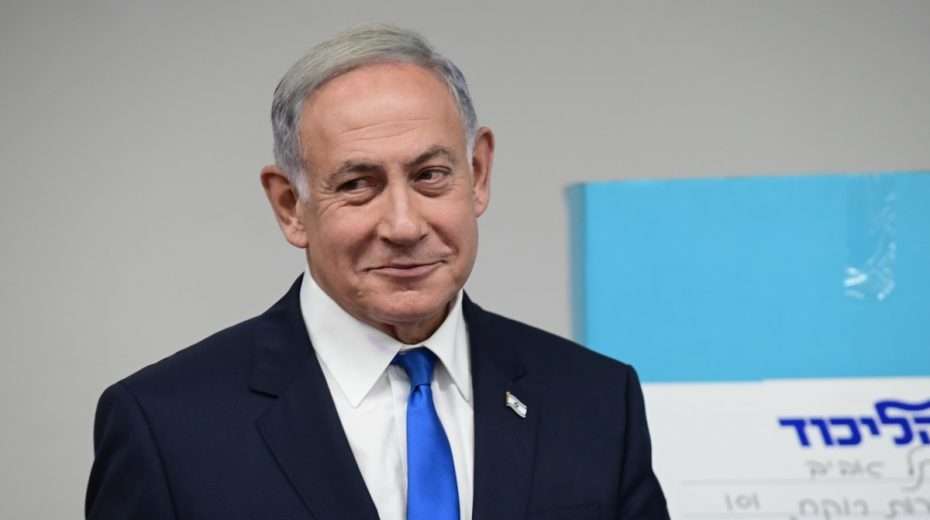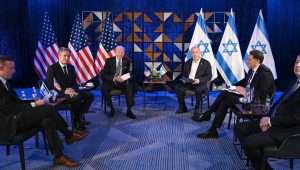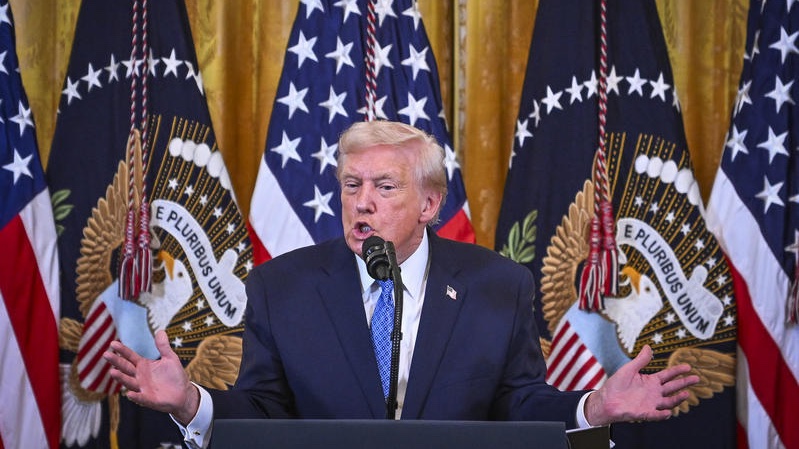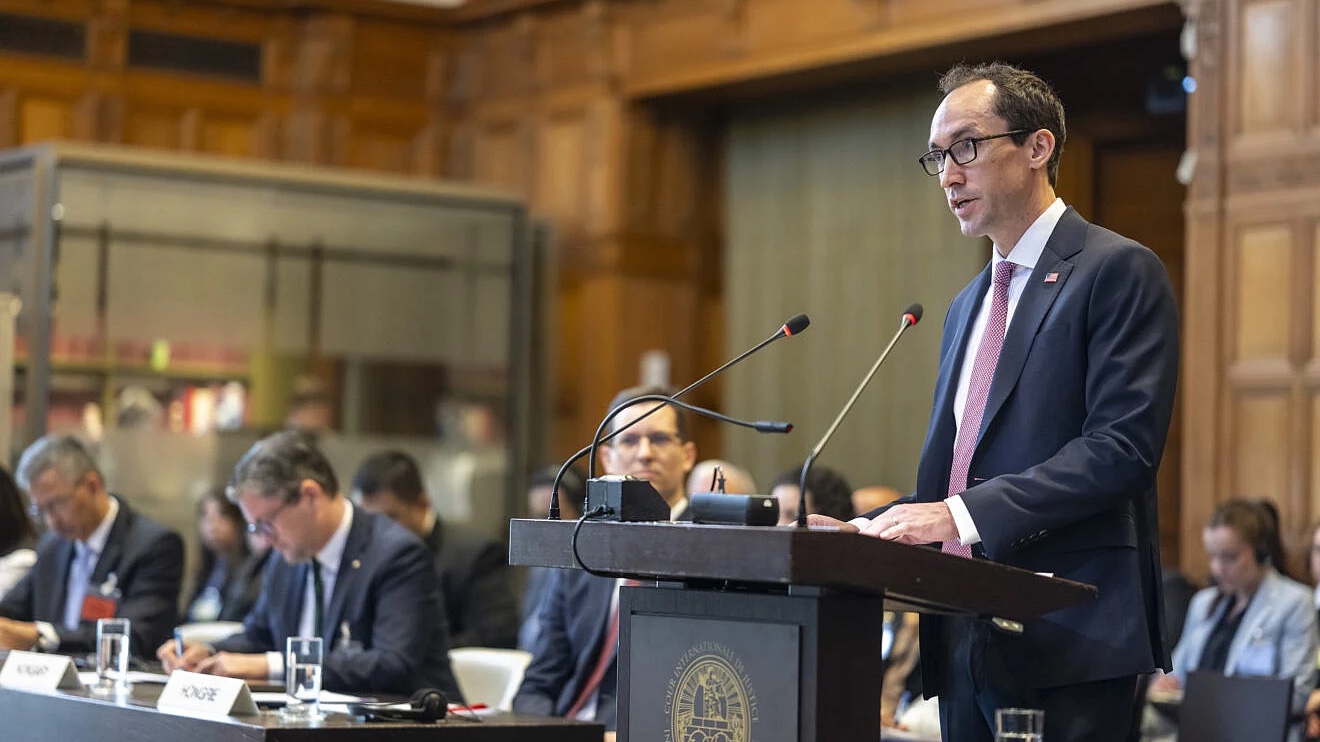(TPS) Benjamin Netanyahu’s “spirit hovered at the meeting of the heads of the Arab parties with the head of the Palestinian intelligence,” said a senior official in the Palestinian Authority (PA) on Sunday, following the publications about the meeting between MKs Ayman Odeh, Ahmed Tibi, and Sami Abu Shahada, the heads of the Arab-majority Joint List faction, and Majd Faraj, head of the PA intelligence and a close confidant of PA head Mahmoud Abbas.
See: Look Who’s Interfering in the Knesset Elections to Block a Netanyahu Victory
The source told TPS that “the meeting took place when in the room, as with the top of the entire Palestinian Authority, there is concern about Benjamin Netanyahu’s return to the prime ministership of Israel and the formation of an extreme right-wing bloc,” as he put it.
The head of PA intelligence told the Arab MKs that the division of forces and the proliferation of lists within the Arab sector in Israel could lead to the absence of Arab voters from the polling stations, and demanded that they “put the differences aside and unite the forces of all the Arab parties, including Mansour Abbas’ Ra’am, in order to tip of the scales in a way that prevents the Right from form the next government in Israel,” said the senior official.
Meetings between Arab MKs and senior PA officials “are a routine matter,” he said, “but this time, it was the election challenge that brought the parties to meet and discuss ways to prevent Netanyahu’s return and thwart his political moves,” added the official, a member of one of the leadership institutions.
The source added that Odeh said during the meeting that he was optimistic about the possibility of unifying the ranks. However, on the other hand, Tibi doubted the feasibility of such a move but promised to act and try to unify the ranks.

The PA’s involvement in the elections in Israel, as it appears most recently from the meeting in Ramallah, is not a new phenomenon and in recent years there have been several cases that revealed its scope.
A wide range of evidence shows that Odeh benefits from direct connections to Ramallah and Abbas’ office, but at the same time he is also subject to criticism.
In Ramallah, it is said that his conduct vis-a-vis the recent government greatly angered Abbas’ office, which has been supporting him for several years, as someone who can bring the Arab parties to positions of influence and prevent the re-emergence of the right wing, and a very senior official in the PA recently told TPS that following Odeh’s failure to join the last coalition in Israel, while leaving the arena to Mansour Abbas and Ra’am, Odeh suffered a stinging insult from one of Abbas’ associates who called him “Mr. Zero” and harshly criticized him for his political conduct that is not in line with the PA’s goals.
Tibi also received criticism from Ramallah and was removed from the office of the Palestinian chairman.
Ahead of the elections in April 2019, a document was published in the Palestinian media showing that a PA official requested that 15 million shekels be transferred for the benefit of the elections in Israel, intended for the forces and parties as well as public figures that were agreed upon in advance.
Details about the PA’s involvement in the recent election rounds were also published by TPS.
During the last election campaigns, the Fatah organization mobilized to support the Joint List and its activists encouraged Israeli Arabs to go to the polls. Fatah launched several campaigns with the aim of increasing the voting rate among Israeli Arabs. Among the Arabs of Israel and the social networks, the Arab public was called to learn from low voting rates in the past and go out and vote en masse.
A statement on behalf of the PA Ministry of Foreign Affairs in 2020 ahead of another round of elections in Israel emphasized the severe consequences expected as a result of the elections in Israel and stated that “although the elections in Israel are an internal Israeli matter, they cast a large shadow on the chances of resolving the conflict between the Palestinian people and Israel.”














